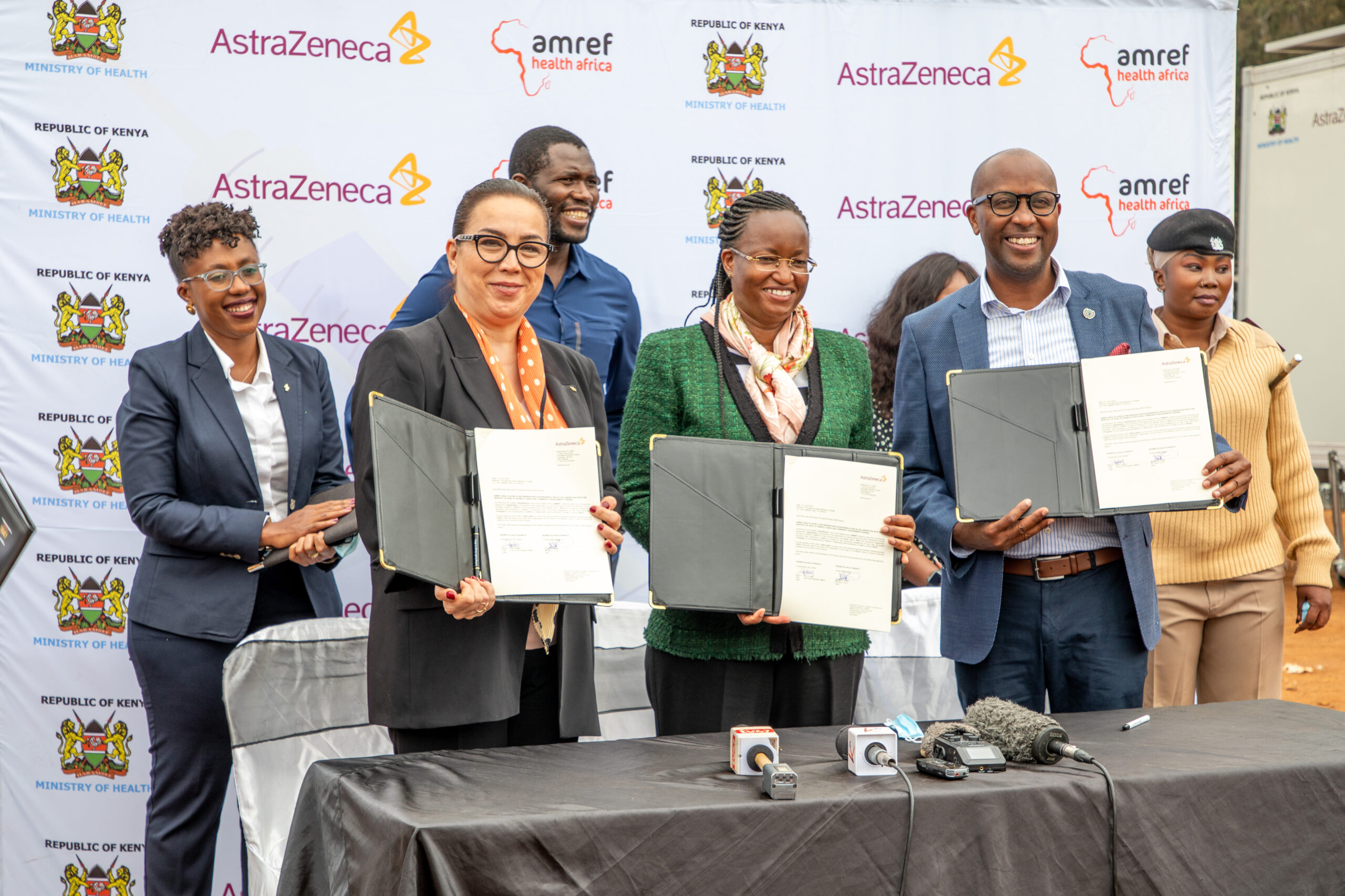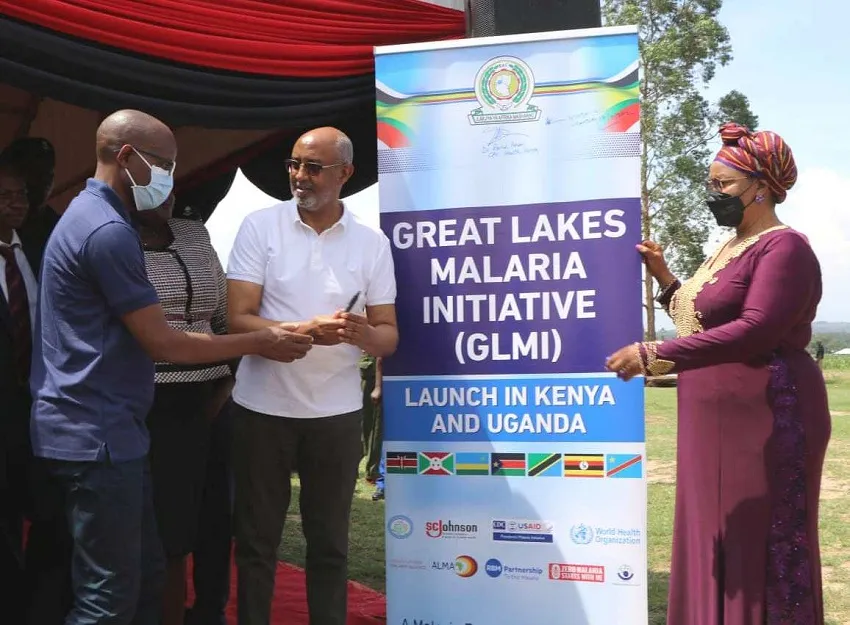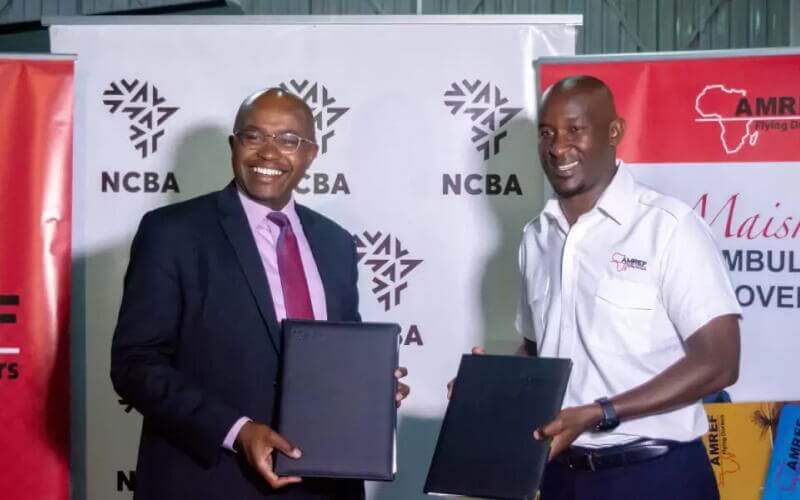Commendable steps by Amref Health Africa in addressing Obstetric Fistula among Women and Adolescent Girls
Friday, 11 January, 2019


Christine Muthengi is a 59-year-old nurse and mother of nine children, four of which are adopted. Upon qualifying as a nurse in 1978 in Kenya, she began her career in 1979. In 2006, she underwent training on diagnosis and examination of obstetric fistula patients thus qualifying as a fistula nurse. Since then, she has been engaged actively in training of nurses on preventive measures and repair of obstetric fistula, a hole in the birth canal that causes incontinence. She advocates for pregnant women to attend antenatal clinics without fail because this way the health workers are able to monitor the progress of the pregnancy and watch for any of the risk factors associated with obstetric fistula. Adolescent girls under 20 years are at the biggest risk of getting fistula.
In the case of obstructed labour, treatment involves prescribing a catheter for the patients for up to four weeks in case there is no substantial progress in the second week. If the patient experiences incontinence after the catheter is taken out, she is recommended to undergo surgery. Christine also engages in training nurses on the right equipment for screening and surgical repair of obstetric fistula. She notes that there is need for the nurses and other medical staff to acquaint themselves with other causes of fistula apart from obstructed labour, including cancer-caused fistula, fistula caused as a result of trauma, such as rape, and fistula caused by TB of the bladder. This is important to know so that the right type of surgery can be done.
All the information Christine passes on to nurses is geared at giving them a broader view and knowledge about the entire fistula condition.
“When we train these nurses we are guaranteed that there are enough qualified personnel to take care of fistula patients,” explains Christine.
She also notes that fistula patients go through difficult times in life. Some face rejection by their communities due to the smell caused by leaking urine. Some women are left by their husbands due to their condition, while others end up losing their children during birth. Some women become suicidal.
Access to medical care for obstetric fistula is expensive so women living in poverty end up being the most vulnerable. In addition, Kenya has a limited number of facilities that offer obstetric fistula repair. With the Amref Health Africa in Kenya initiative of training nurses on fistula diagnosis and treatment as well the free fistula medical camps it organises, many women are now able to access medical treatment. Christine, on average, attends three to five medical camps in a year and in all these her biggest joy and satisfaction is having a fistula patient get their condition repaired and live her life without shame. Her biggest concern is early marriages and pregnancies which increase the risk of obstetric fistula. She hopes that increased awareness right from the grassroots will go a long way in informing communities on best health care practices that girls and women deserve.
Christine is grateful for the efforts by Amref Health Africa in Kenya through the funding of the Government of Canada in addressing obstetric fistula among women and adolescent girls. She hopes that the donors will increase their funding towards Amref so that it can go on with its commendable projects. This will help in ensuring all hospital facilities are equipped to handle fistula cases.
Christine provided nursing support during a free medical camp in Siaya County, Kenya in March 2018. The medical camp was part of a four-year project called the Canada-Africa Initiative to Address Maternal, Newborn and Child Mortality made possible with financial support from the Government of Canada through Global Affairs Canada.
Amref Health Africa teams up with African communities to create lasting health change.







